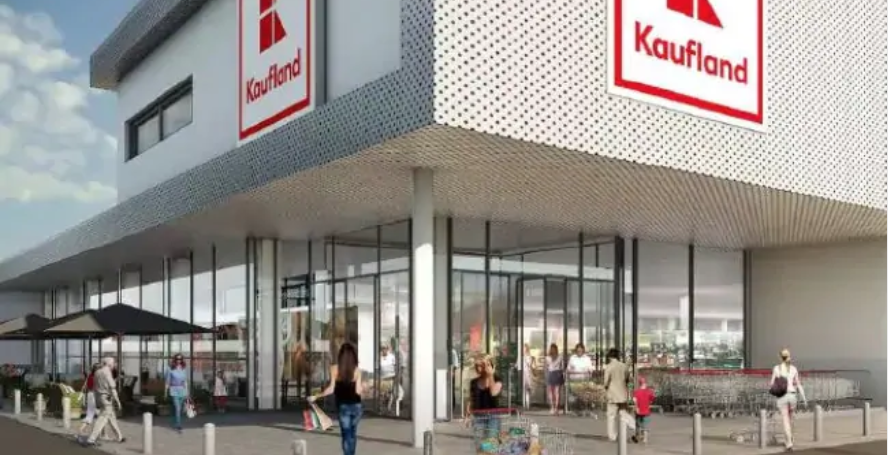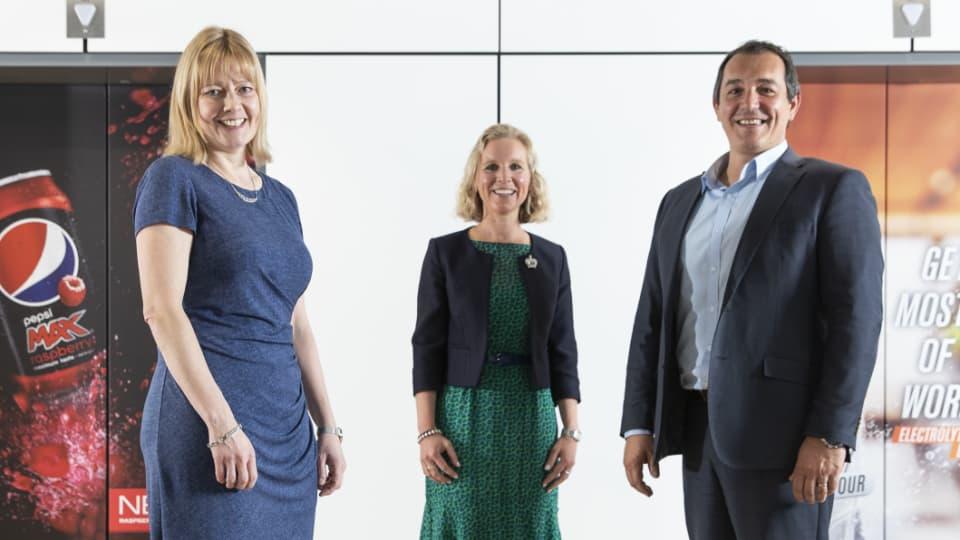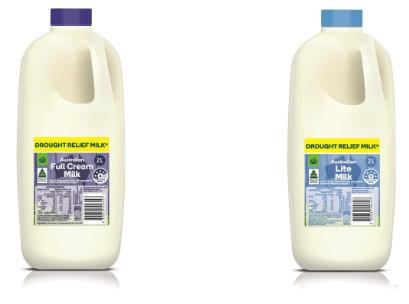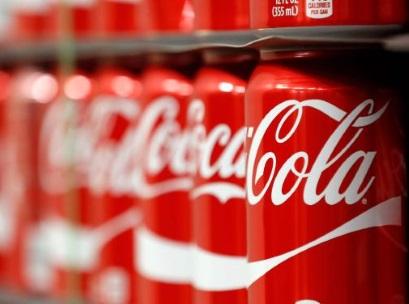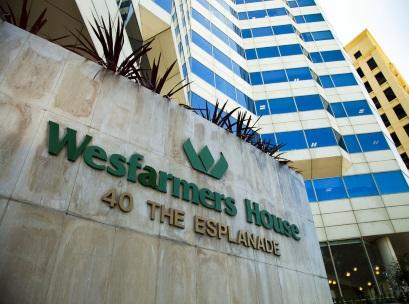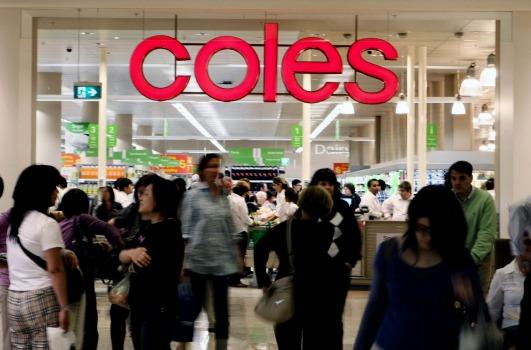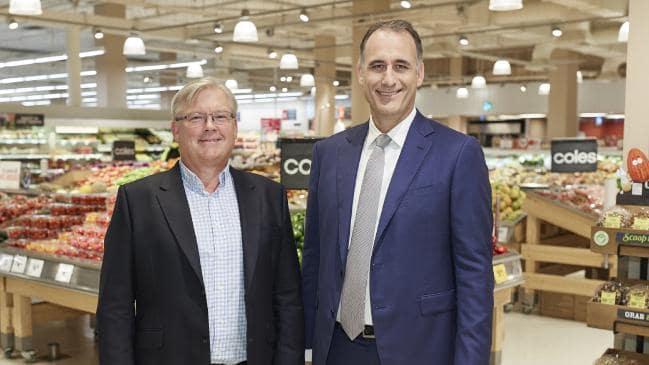
The $5 billion Chemist Warehouse chain is looking to expand further into the booming heath sector after backing the launch of a new vitamin company being fronted by six-times world champion surfer Stephanie Gilmore.
Gilmore has become the brand ambassador of The Natural Vitamin Company, co-founded by Melbourne entrepreneur Sam Schachna, who previously ran one of the nation’s biggest privately owned food marketing and distribution businesses, Menora Foods.
Menora, which distributed brands such as Peckish rice snacks, Cobram Estate olive oil, Wattle Valley cheeses and dips, and Maille mustard, was sold in March 2015 to Filipino food powerhouse Monde Nissin Corporation.
Mr Schachna has since established his own organics food company known as Simple Foods, whose brands include Tribe Organics and Pana Chocolate, and he has now launched The Natural Vitamin Company with the support of Chemist Warehouse co-founder and chairman Jack Gance.
Its products are sold exclusively in-store and online at Chemist Warehouse, the largest retailer of vitamins in Australia.
Chemist Warehouse sells almost $1bn worth of vitamins each year and exports $300 million worth of vitamins to China.
“We were approached by Sam and his team … I immediately saw the benefits of having a product that is different to what we have on our shelves and does appeal to those who want a natural product with the same effects as the chemical product,’’ Mr Gance told The Australian.
Many of the vitamins currently available in the Australian market have been made from synthetic materials and have gone through chemical processing.
“It (the organic product) is slightly more expensive but we have worked on the price and we have it at a more affordable level. It is truly a unique and different product range so we were happy to slot it in. We get approached by people all the time wanting to put ranges in but we generally don’t have the room and we have to make the room.”
Mr Gance, who was ranked at 93 on this year’s Rich List with a wealth of $813m, said the initial success of the Natural Vitamin Company product — which has been on shelves for two weeks — was “pretty good”.
“It has been above expectations and above budget so we are very happy with it. The good thing about it is that people have a pleasant, positive attitude towards it and say ‘Hey, this is something that we should have had some time ago.’,” he said.
“A lot of people have pseudo organic and natural products where they are pretend. We went through and checked this out and this is really, truly natural all the way through.”
“We would hope to be able to expand the range, depending upon its success, into different areas as well. There are some areas where you can’t get natural but where you can, I think we should look at it.”
Sam Schachna, executive director of The Natural Vitamin Company, said the company’s mantra was “from the garden, not the lab” and that its vitamins were made from organic fruit and vegetables such as organic kale, organic holy basil extract and organic lemon peel extract.
He said the company was now looking to move into children’s vitamin products.
“Our next line of innovation that we are working closely with Chemist Warehouse is around kids. It will be a children’s range,” he said.
“We are also looking at other formats as well. Tablets are not necessarily for everyone. We are going into powders. With our proprietary blend, if we are able to put it into a variety of products as an ingredient, that gives us other applications.”
He said Mr Gance had been “an absolute mentor to our team and it is thanks to him and Chemist Warehouse that The Natural Vitamin Co exists.”


